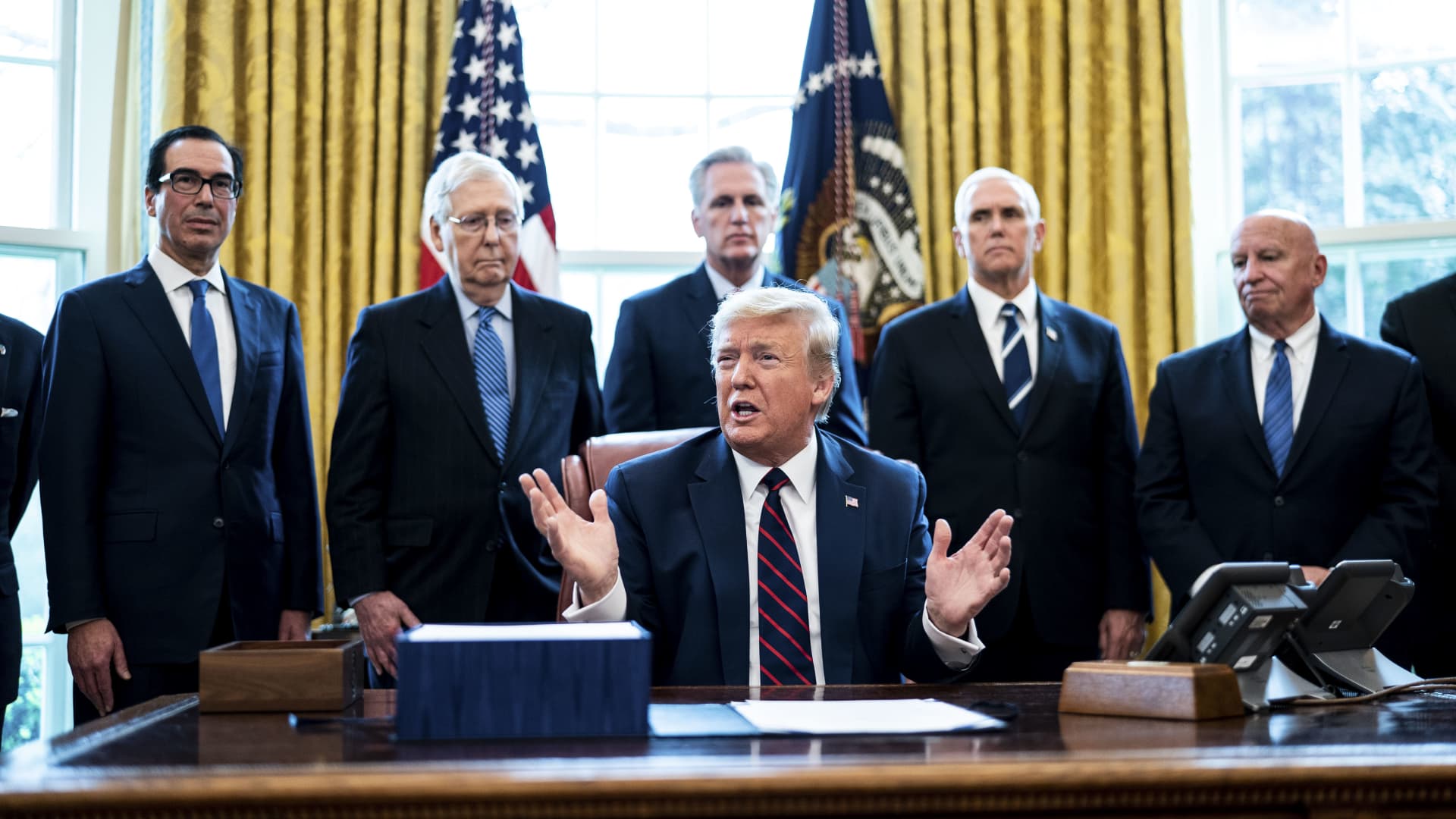Activision Blizzard Deal: FTC Files Appeal Against Court Ruling

Table of Contents
The FTC's Case Against the Merger
The FTC's core argument against the Microsoft-Activision Blizzard merger centers on antitrust concerns. They fear the merger would create a gaming behemoth with unparalleled market power, stifling competition and ultimately harming consumers. The key concerns revolve around:
- Reduced Competition: The FTC argues that the merger would significantly reduce competition in the console gaming market, giving Microsoft an unfair advantage. This could lead to higher prices, fewer choices, and less innovation.
- Game Exclusivity: A major point of contention is the potential for Microsoft to make popular Activision Blizzard titles, most notably Call of Duty, exclusive to its Xbox platform. This would severely disadvantage PlayStation players and potentially drive them towards the Xbox ecosystem.
- Harm to Consumers: The FTC contends that these actions would ultimately harm consumers by limiting their choice of platforms and potentially increasing the price of games or subscription services.
- Proposed Remedies: The FTC initially proposed various remedies, including blocking the merger entirely, or imposing structural remedies such as divestiture of certain Activision Blizzard assets to ensure a competitive market. These remedies were ultimately rejected by the court.
The Court's Initial Ruling and its Rationale
A US District Judge initially ruled in favor of Microsoft's acquisition of Activision Blizzard, dismissing the FTC's antitrust lawsuit. The judge's rationale rested on several key factors:
- Insufficient Evidence: The court found the FTC failed to provide sufficient evidence to demonstrate that the merger would substantially lessen competition in the relevant markets.
- Microsoft's Defense: The court found Microsoft's arguments – including its commitment to keep Call of Duty on PlayStation – persuasive. They accepted Microsoft's argument that the deal would benefit consumers through increased innovation and competition.
- Legal Precedents: The judge’s decision referenced established legal precedents in antitrust cases, providing a legal framework for the ruling.
- Criticisms of the Ruling: Despite the ruling, several legal experts voiced concerns, questioning the court's assessment of the evidence and the potential long-term implications of the merger.
The FTC's Appeal: Grounds and Implications
The FTC's appeal against the court's decision is a significant development with potentially far-reaching consequences. Their appeal focuses on challenging specific aspects of the initial ruling:
- Grounds for Appeal: The FTC likely argues the court misjudged the evidence related to the potential anti-competitive effects of the merger, particularly concerning game exclusivity and market dominance.
- Legal Strategy: The FTC's legal strategy likely involves presenting additional evidence and highlighting the potential long-term harms to competition.
- Potential Outcomes: The appeal could result in the court upholding the initial ruling or reversing it, potentially leading to the deal being blocked or significantly altered.
- Regulatory Uncertainty: The appeal underscores the increasing regulatory uncertainty surrounding large mergers and acquisitions in the tech industry, especially in the gaming sector.
- Broader Implications: The outcome will heavily influence future mergers and acquisitions in the technology sector, setting a precedent for regulatory oversight.
Impact on the Gaming Landscape
The Activision Blizzard deal's outcome will profoundly impact the gaming landscape:
- Game Prices and Availability: The merger could influence the prices and availability of games, potentially leading to higher costs or limited access for some gamers depending on platform exclusivity decisions.
- Subscription Services: The competitive landscape of gaming subscription services like Xbox Game Pass could be significantly altered, potentially increasing dominance for Microsoft's offerings.
- Competition and Consumer Choice: The appeal directly affects competition and consumer choice, influencing the overall vibrancy and diversity within the gaming market. Less competition could lead to slower innovation and reduced consumer benefits.
Conclusion
The FTC's appeal against the Microsoft-Activision Blizzard merger decision is a pivotal moment for the gaming industry. The initial court ruling, the FTC's concerns regarding antitrust issues and potential harm to consumers, and the ongoing appeal all highlight the complexities and far-reaching implications of this massive acquisition. The uncertainty surrounding the appeal’s outcome underscores the need for continued monitoring of this significant event. Follow the Activision Blizzard deal closely to stay informed about the future of gaming mergers and the ongoing battle over market dominance. Stay tuned for updates by subscribing to our newsletter or following us on social media. Learn more about the future of gaming mergers and the FTC's impact on the industry.

Featured Posts
-
 1 Billion Funding Cut Threat Looms Over Harvard Amid Trump Administration Dispute
Apr 22, 2025
1 Billion Funding Cut Threat Looms Over Harvard Amid Trump Administration Dispute
Apr 22, 2025 -
 Los Angeles Palisades Fire A List Of Celebrities Whose Homes Were Destroyed Or Damaged
Apr 22, 2025
Los Angeles Palisades Fire A List Of Celebrities Whose Homes Were Destroyed Or Damaged
Apr 22, 2025 -
 Blue Origins Stumbles A More Significant Failure Than Katy Perrys Recent Challenges
Apr 22, 2025
Blue Origins Stumbles A More Significant Failure Than Katy Perrys Recent Challenges
Apr 22, 2025 -
 Open Ais 2024 Developer Event Easier Voice Assistant Development
Apr 22, 2025
Open Ais 2024 Developer Event Easier Voice Assistant Development
Apr 22, 2025 -
 Karen Read Murder Trials A Complete Timeline
Apr 22, 2025
Karen Read Murder Trials A Complete Timeline
Apr 22, 2025
